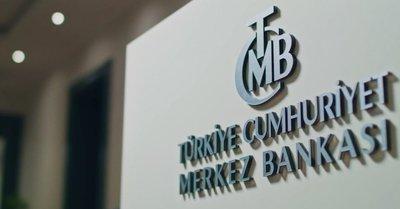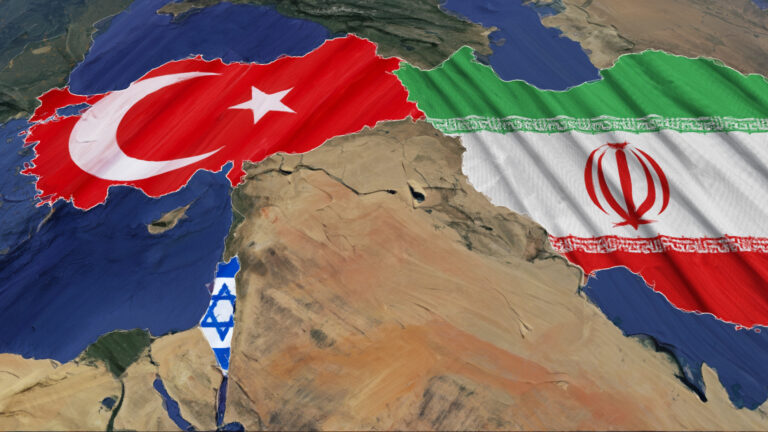Turkey’s Banking Regulation and Supervision Agency (BDDK) announced late Monday (July 31) new restrictions on credit card purchases aimed at ‘strengthening financial stability’.

The restrictions announced Monday by the agency indicate that deferred monthly payment plans will no longer be available for purchases such as airline tickets, services at travel agencies, or accommodation made overseas. Announcing the change “As part of the coordinated steps to be taken to strengthen financial stability,” the BDDK said in its press release:
“Foreign expenditures related to airlines, travel agencies, and accommodation will no longer be eligible for installment payments.”
Former deputy general manager of Eski Ziraat Bank Dr. Şenol Babuşcu spoke to Medyascope regarding the new changes to credit payments for Turkish consumers. Babuşcu characterized the changes as part of the Turkish Central Bank’s (TCMB) larger strategy to halt inflation of the Turkish Lira, which has seen massive devaluation especially in the last two months following Turkey’s general elections in May.
“Forbidding installment payments for foreign travel expenses is part of an effort by the BDDK to prevent foreign currency from exiting the country…These new measures are designed to curb loans, lessen demand, and prevent inflation.”

Speaking more generally about the central bank’s ongoing attempts to prevent inflation, Babuşcu said:
“The TCMB’s most important monetary tightening tool in fighting inflation is its interest policy. But some don’t want to raise interest rates, and the government seems unable or unwilling to change these figures. Instead of attacking inflation directly using interest rates, they are attempting to tackle it from the side using other methods. It is like having a sick person who needs antibiotics, but you give them aspirin instead. These really do not offer a remedy to the problem.”
Following President Recep Tayyip Erdoğan’s election victory in late May, the Turkish Lira plummeted, leading the central bank to raise interest rates from 8.5% to 15%, the bank’s first interest rate hike in over two years. Several new hires since Erdoğan’s election victory, namely new Finance Minister Mehmet Şimşek and new Central Bank President Hafize Gaye Erkan, have inspired hope for a return to orthodox economic policies following years of runaway inflation driven in part by low interest rates, long a hallmark of the president’s economic policy.
Written for Medyascope by Leo Kendrick
Medyascope'un haftalık e-bülteni
Andaç'a abone olun
Editörlerimizin derlediği öngörüler, analizler, Türkiye’yi ve dünyayı şekillendiren haberler, Medyascope’un e-bülteni Andaç‘la her çarşamba mail kutunuzda.












